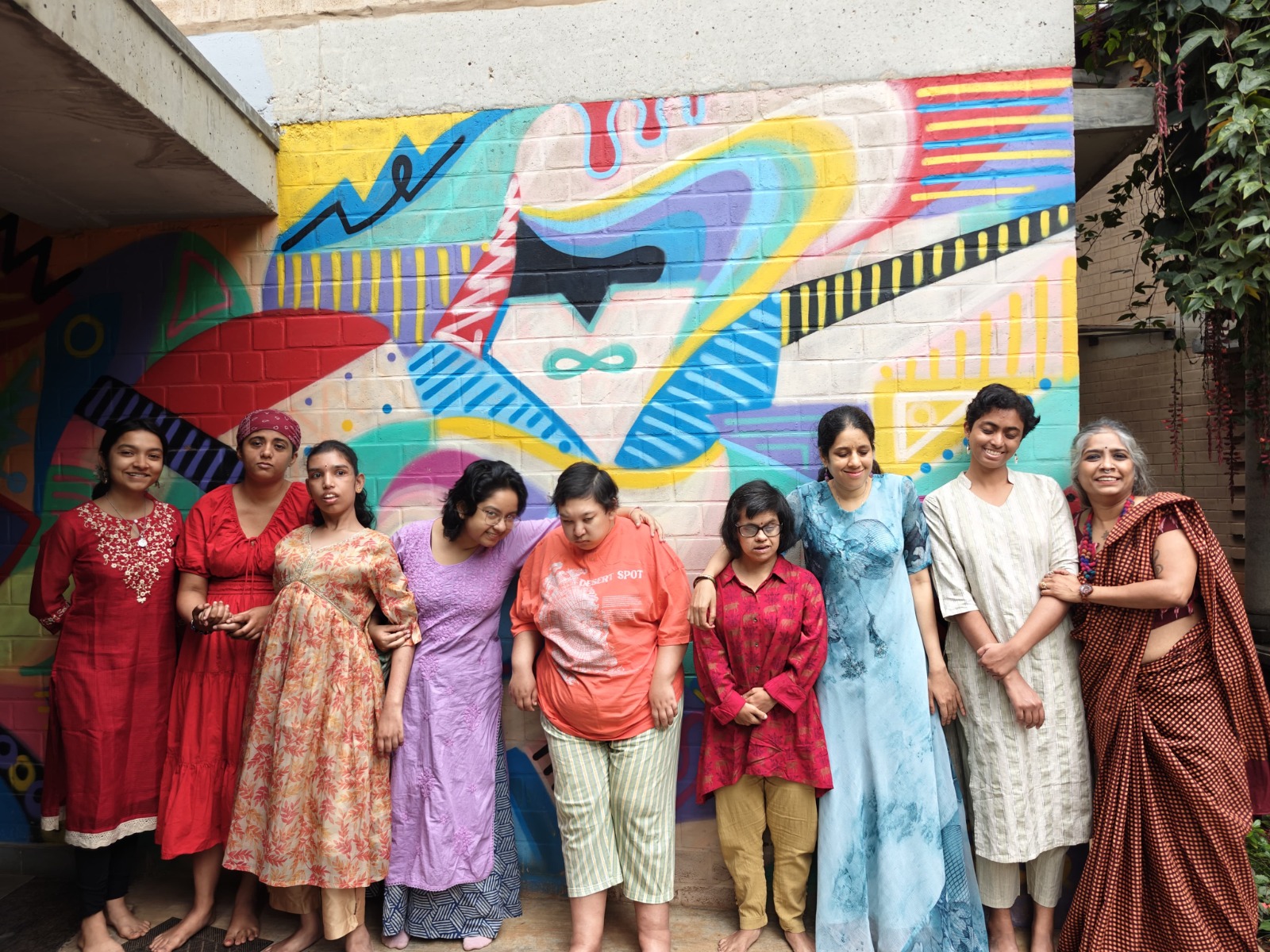Uhuru 2.0 was a life-changing experience for me. It was a space the likes of which I had never encountered before, a space so full of life and love. The week I spent on campus taught me a lot of things, not just about others but about myself. Caring for the participants came so naturally; it felt like a part of myself I didn’t know about had uncovered itself. I learnt who I was, learnt that caring for others was a core part of me, perhaps the most human part. The pure joy I got from interacting with the participants, from watching them grow and evolve while I evolved right alongside them, was irreplaceable.
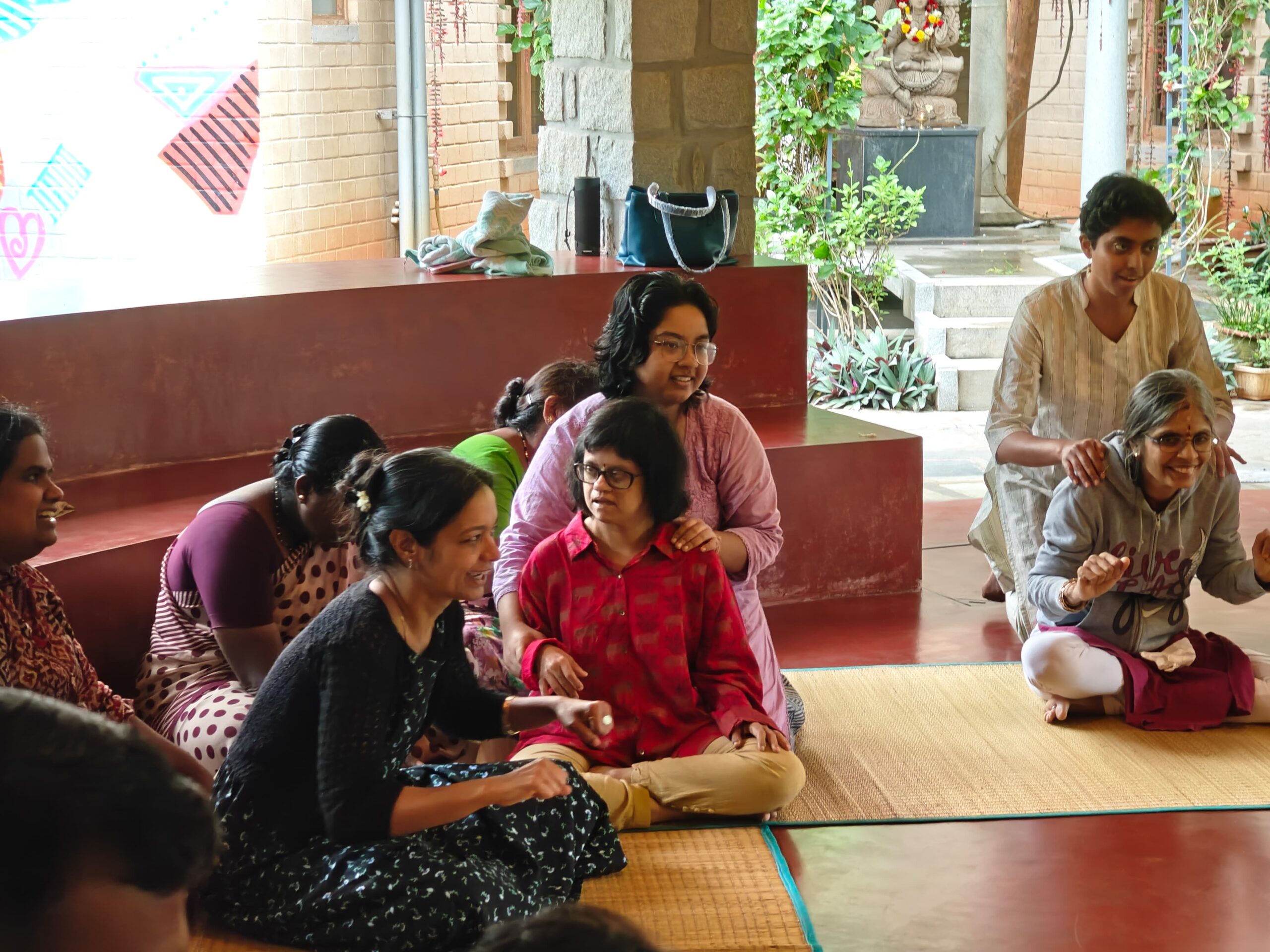
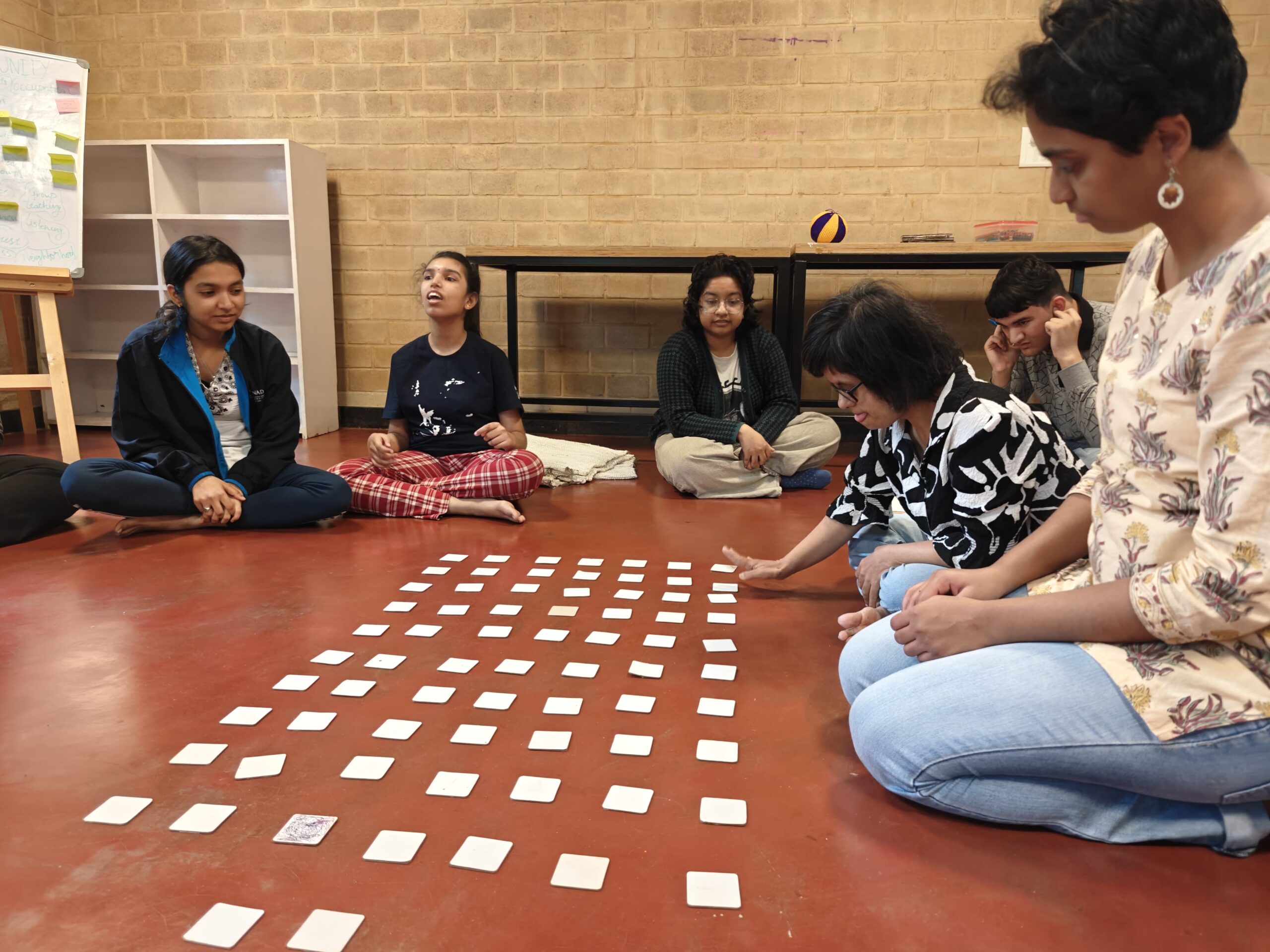
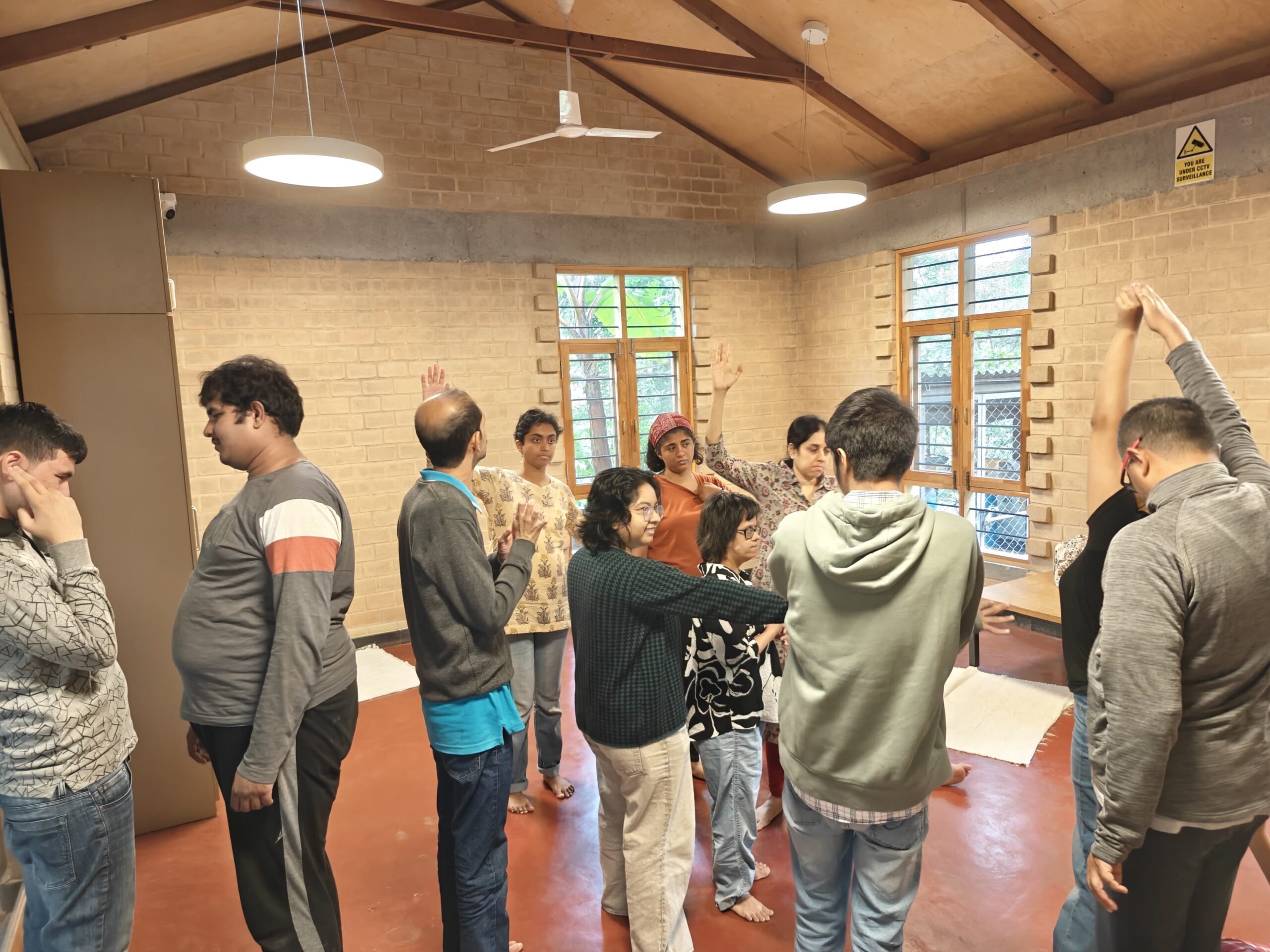
The space Uhuru provides is unlike any other. It allows for expression and creativity in different, unique ways. The sessions are carefully crafted to encourage participants to engage with different concepts. While the sessions on community and reading The Little Prince developed cognitive skills, outdoor sessions helped participants get exercise while playing fun games. The concept of community is not only taught in sessions, it is also practiced in daily activities. After meals, everyone helps out with wiping dishes and rolling mats. Some participants did not enjoy doing these initially, but began to appreciate the sense of fulfillment it gave after some time. The idea of community living fostered a sense of belonging that made me, and everyone there, feel safe and accepted. Additionally, it allowed them to exist in a place where they could learn independence and responsibility. Throughout Uhuru, the participants slowly grew more and more independent, able to do many activities on their own they previously couldn’t. Watching their development, that too in such a short time, was truly inspiring. As they grew more and more comfortable, they began expressing themselves more, both verbally and non-verbally. I also slowly started learning what they were trying to tell me, slowly deciphering the language they spoke. It was a constant process of trial and error, but the small moments of human connection, when I finally understood them, were incredibly rewarding.
The greatest regret I had was not spending enough time with them. I unfortunately fell sick partway through the program and had to leave for a few days, time I spent fervently praying to get better so that I could return as soon as possible. When I watched videos of everyone, I felt a deep sense of regret that I had missed so much, so much growth and change that I simply couldn’t witness. I wish that I had been there to see it. Uhuru was only 7 days long, and it was very difficult seeing everyone leave on the last day. I don’t know when I’ll see them again, if ever. Uhuru was bittersweet in many ways, and having to say goodbye was one of them. But there was another aspect that brought me a sense of deep sadness. So many of the participants were so full of potential for things. This was especially true for Avyukt, who was so incredibly brilliant that it was a tragedy he was stuck doing online classes. It is a tragedy imagining how far he could go if only there were spaces willing to accept him, spaces he could thrive in. It wasn’t just him, Niketha with her gift for singing, Pratyush’s talent for cooking, or Ahira and her skill for drawing. It feels downright unfair that they are simply not afforded the place to develop these skills. I am very grateful to Uhuru for allowing such a place to exist, for giving them the opportunity to grow and thrive. The parents I interacted with all said the same thing. They were all incredibly grateful, to Uhuru and everyone who is a member of the Snehadhara team, for this beautiful space that they had created.
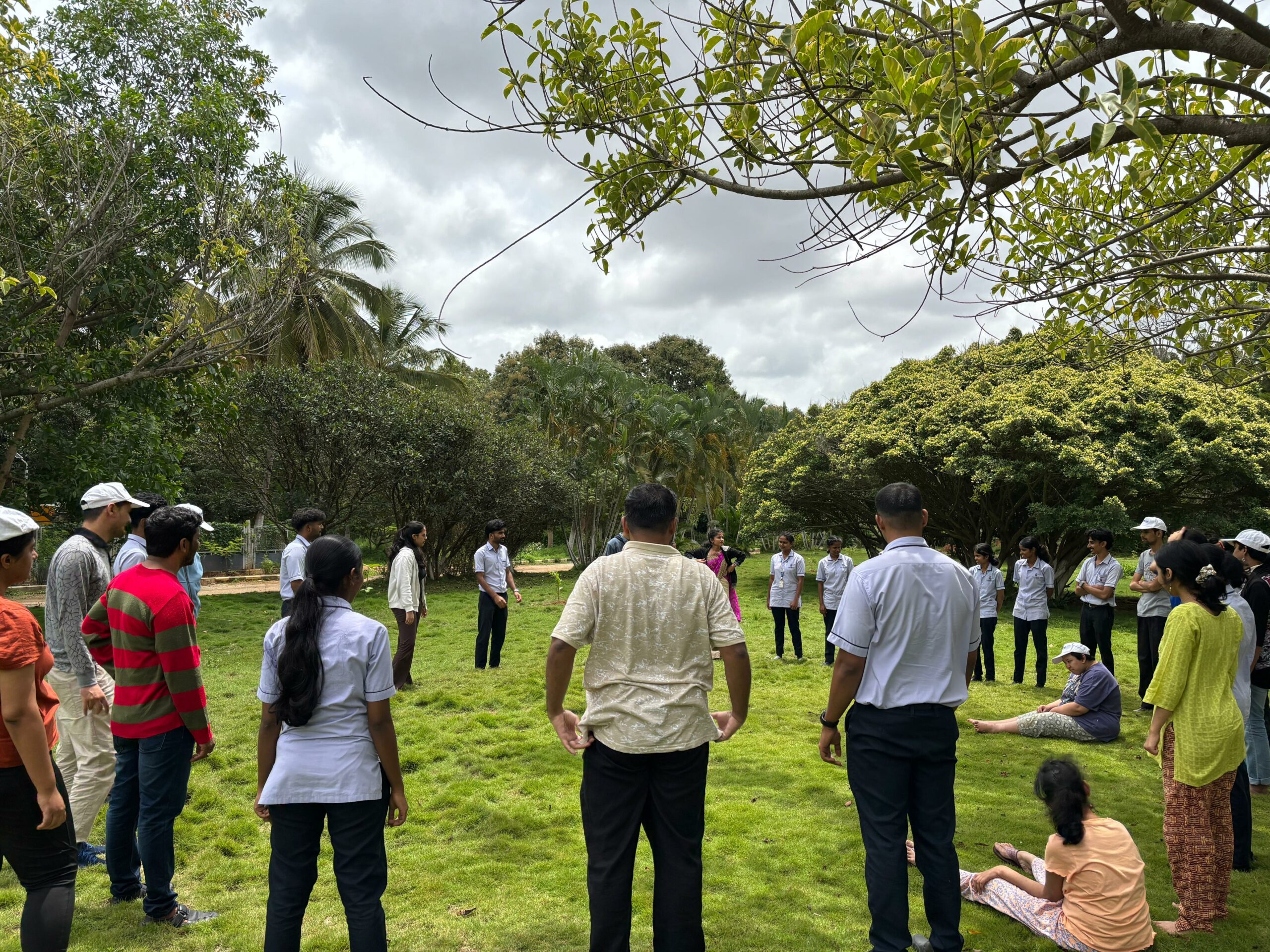
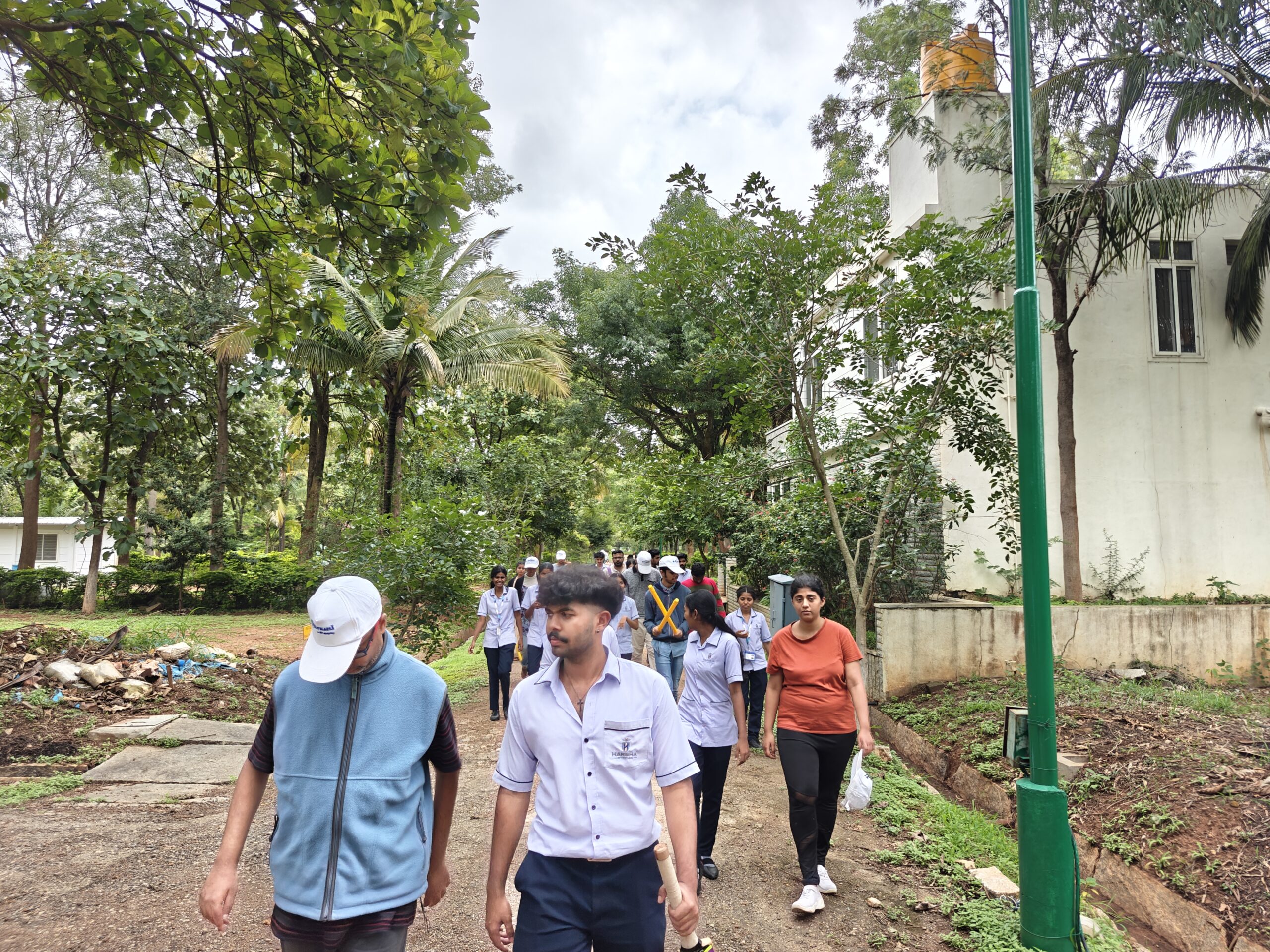
Palak, one of the facilitators, had initially told me that it is an incredibly exhausting time. But there are small pockets of happiness you can find. I found many of these pockets for myself, awe-inspiring, joyous moments of celebration. For many of the participants, the journey was difficult. It required long hours of sessions, interaction, working together, just to show them that they were safe. But by the end of it, I felt trusted, I felt that I was able to make a space where they felt comfortable and safe, and all the effort made it worth it. I only wish I could have more time, learning all their habits, spending every moment of my time surrounded by the participants. There is so much to discover, so many stories to know, so many languages to decipher. The participants were of different ages, from different backgrounds, but all of them brought me joy like no other. Not every participant was verbal, but they were all incredibly expressive, communicating their emotions and needs in different, unique ways.
We have so much to learn from them, and I used this opportunity to learn as much as I could. From the unique cognitive reasoning patterns some of them follow, which led to fascinating insights I could never have thought of, to the varied methods of communication, the participants all seemed to reside in a different world, a creative and open space distant from our world. Uhuru existed in this space, a campus far from the busy life we lead in a tranquil, solitary area, the calm of nature and wind chimes surrounding you. This world is a place for its inhabitants, be they participants or facilitators, all to explore and discover themselves, to grow together as a community, and learn to live. It is a place of love and care, a world I invite everyone to join.

